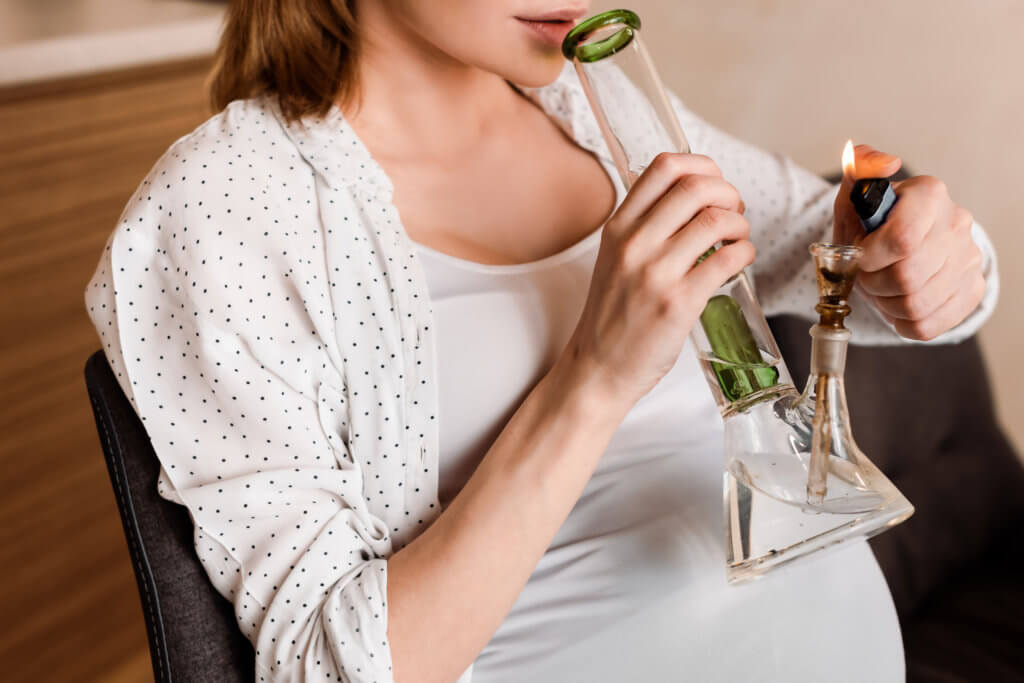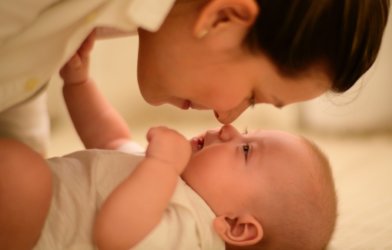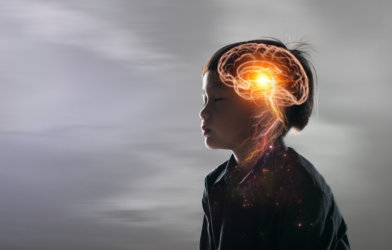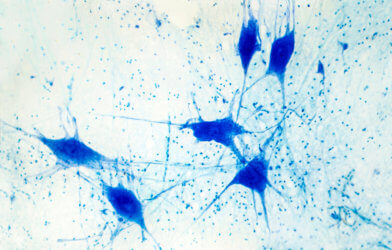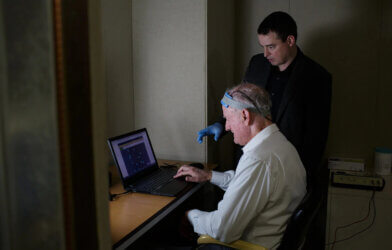Prenatal exposure to cannabis increases the risk for depression, anxiety, and several other psychiatric conditions during early adolescence, finds a new study from Washington University. The findings add to a previous 2020 study from the team that found young children exposed to cannabis in the womb were also more likely to have trouble sleeping, lower birth weight, and worse performance in completing cognitive-related tasks.
The findings are based on the previous cohort from the 2020 research, who are also a part of an ongoing National Institute of Health study of nearly 12,000 children starting when they were nine to ten years old. The team collected data from the 10,500 children who were 10 years old in 2020 and who turned 12 in 2022.
Despite growing older by two years, the study authors note this is an important change for their brain as the kids begin to age out of childhood.
“During the first wave, they were just children. Now they’re edging up on adolescence,” says David Baranger, a postdoctoral researcher in the BRAIN lab at Washington University, in a statement. “We know this is a period when a large proportion of mental health diagnoses occur.”
Analyzing the data from 2020 to now, the team reports that the associations between psychopathology with prenatal marijuana exposure continued to persist as these children entered early adolescence. Although, there was no significant change in the rate of when these psychiatric conditions manifested. Based on the findings, the team hypothesizes children exposed to cannabis in the womb continue to be at a greater risk for clinical psychiatric disorders and substance use problems as they age and move on to other stages of life.
“Once they hit 14 or 15, we’re expecting to see further increases in mental health disorders or other psychiatric conditions — increases that will continue into the kids’ early 20s,” Baranger says.
The study is published in the Journal of the American Medical Association (JAMA), Pediatrics.
